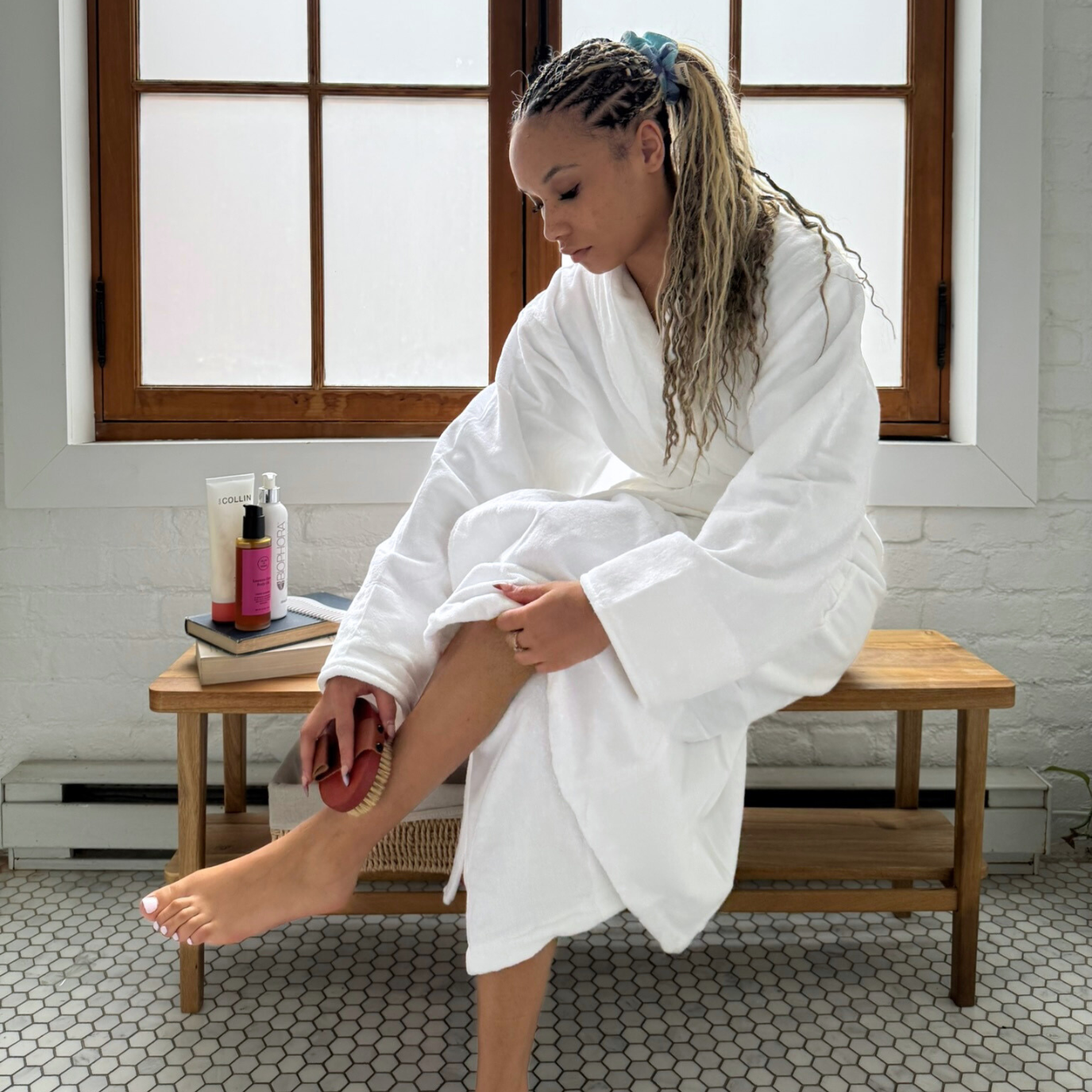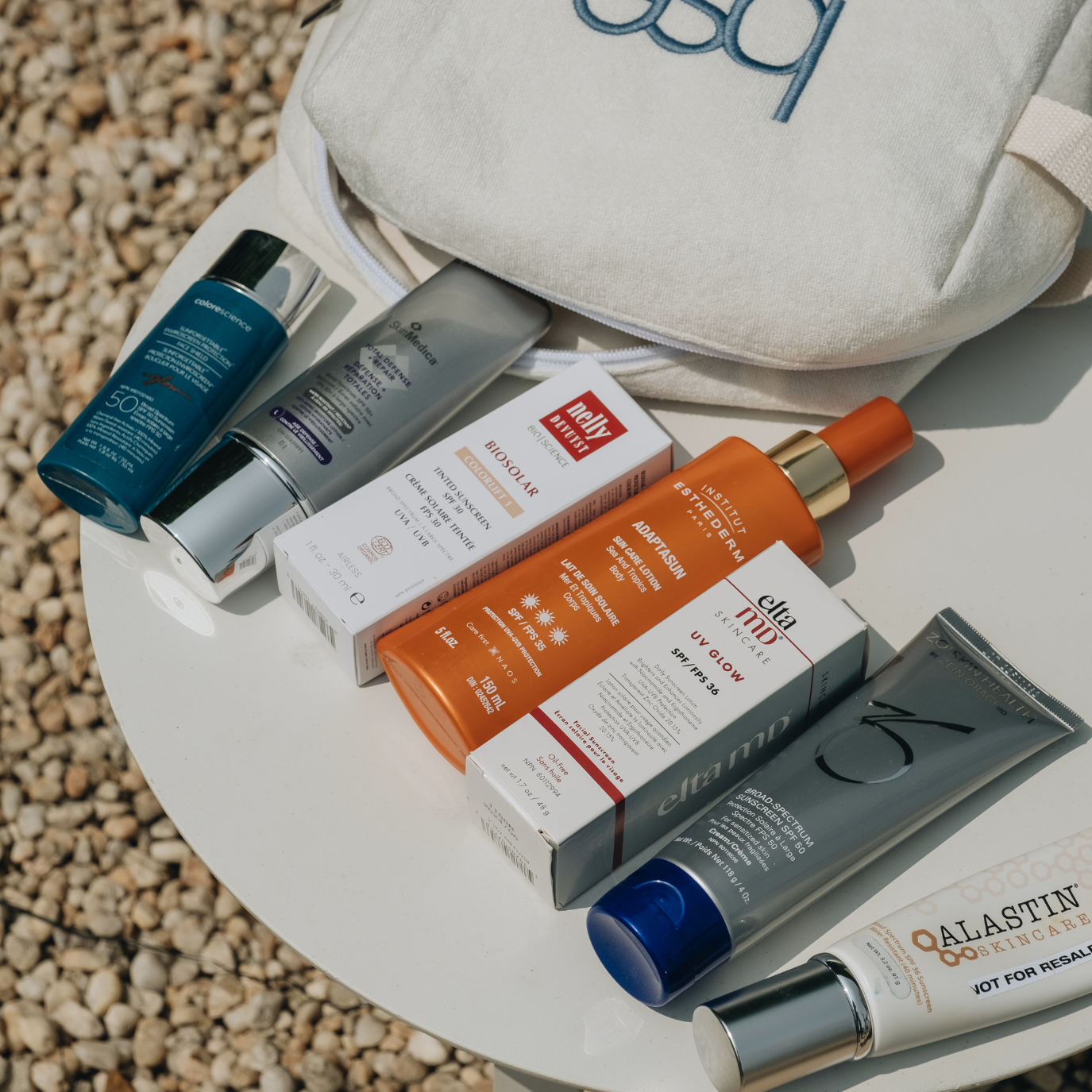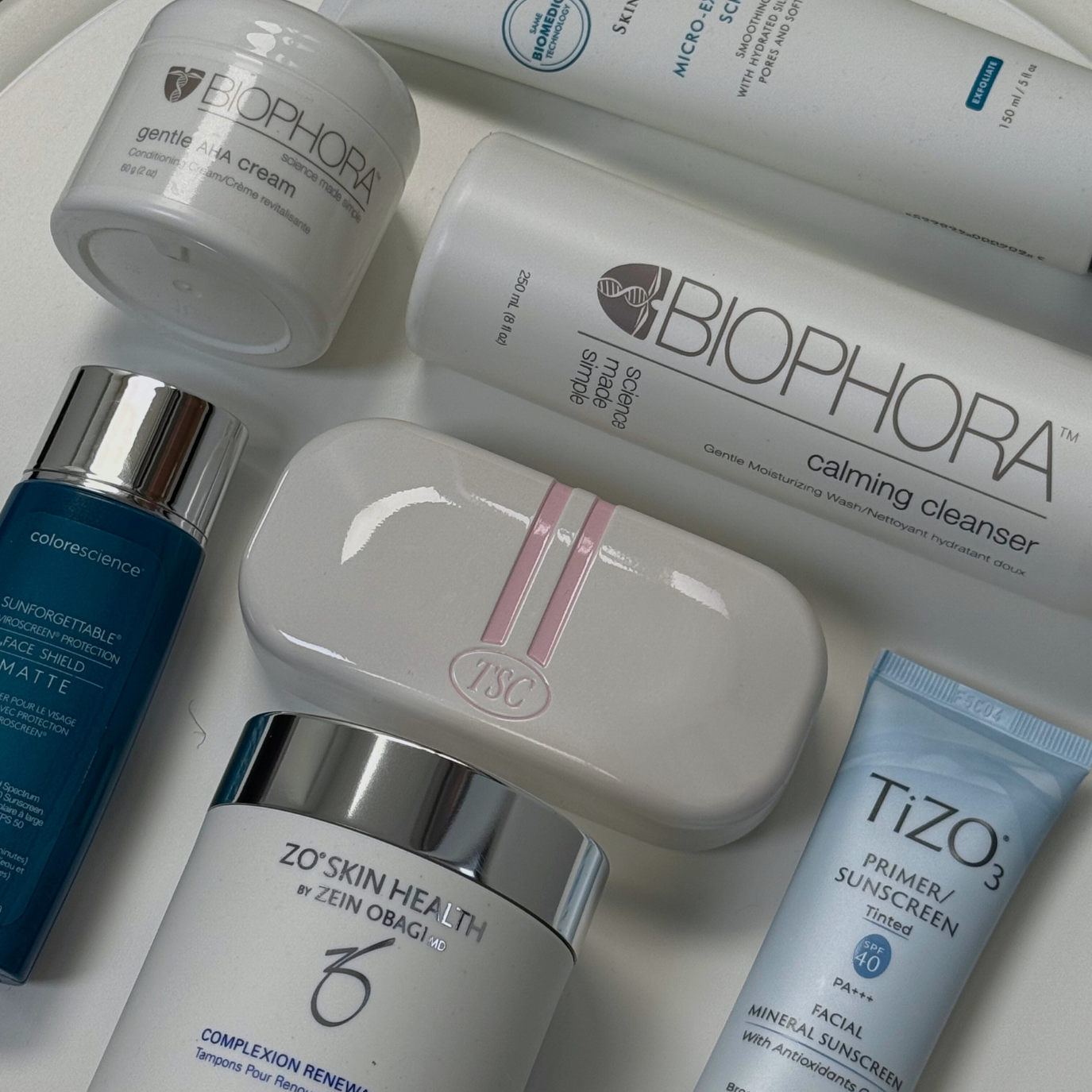
Is ‘Natural’ Always Better? Let’s talk about it!
If you’ve ever stood in a skincare aisle, or let’s be honest, scrolled through one online, you’ve seen the words: natural, clean, green, non-toxic. They’re everywhere. And while they sound reassuring, safe, even virtuous… we need to ask: are they truly better for your skin? Let’s explore this with a bit of science, a touch of common sense, and plenty of clarity.
What does “natural” even mean?
Spoiler alert… there’s no universal definition. In skincare, “natural” tends to be more of a marketing term than a scientific one. It generally refers to ingredients derived from plants, minerals, or animals, rather than those synthesized in a lab. Think: aloe vera, shea butter, rosehip oil. All lovely. All natural. But here’s the catch: poison ivy is natural, too. Similarly, lemon juice can cause photosensitivity. Essential oils? Natural, yes, but also among the top irritants for sensitive skin. “Natural” doesn’t automatically mean safer or gentler. It just means unprocessed... to a degree.
Meanwhile, some of the most effective and reliable ingredients in skincare are lab-created, such as stabilized vitamin C, encapsulated retinol, peptides, and ceramides. These are designed to imitate or enhance what’s already present in your body, while ensuring potency, purity, and shelf life.
The fear behind “chemicals”: Let’s clear this one up, everything is a chemical. Water is a chemical. Your skin’s own sebum is a chemical. “Chemical-free” is an impossible promise.
With that said, fear sells. And the clean beauty movement, while rooted in a valid desire for transparency, has sometimes taken a fear-based turn. As a result, we’ve started to view ingredients as villains, including parabens, silicones, preservatives, and emulsifiers. Many of which, in low concentrations and proper formulations, are not only safe, but essential for keeping products stable and effective. Parabens, for instance, have been widely studied and deemed safe by regulatory bodies globally. Yet public perception often treats them like a toxic threat. Why? Marketing and misinformation.
Nature vs. science is not an either/or. We are not criticizing natural skincare; in fact, we love many plant-based ingredients. Calendula, green tea extract, and licorice root have fantastic anti-inflammatory and antioxidant properties. That said, we also appreciate well-formulated, science-backed products that know how to stabilize an active molecule and deliver it exactly where it’s needed. The sweet spot is about balance. You don’t have to choose between hugging a tree and trusting a lab. You can do both. Nature can soothe, and science can correct. Innovative skincare often combines both.
When “natural” doesn’t work, and here’s a point that’s not always spoken out loud: natural skincare isn’t always sufficient, especially for clinical or chronic skin issues.
- If you have cystic acne, you likely need more than just tea tree oil.
- If you have melasma or sun damage, rose water won’t improve or reverse pigmentation.
- If you’re dealing with eczema, rosacea, or perioral dermatitis, essential oils might actually worsen the condition.
In these cases, ingredients like retinoids, azelaic acid, niacinamide, or even gentle hydrocortisone might be more suitable, and none of these are considered “natural” in the context of clean beauty. This doesn’t mean natural is wrong. It just means it isn’t always enough.
The eco-angle and what about sustainability? Good question. Many people choose natural skincare because it feels more eco-friendly, and sometimes it is. But it depends. Cold-pressed plant oils are biodegradable and sustainable. However, harvesting rare botanicals or overfarming popular plants, such as sandalwood or rosewood, can harm ecosystems. Conversely, lab-made ingredients often have a lower environmental impact because they require less land and water, and they produce more consistent results with less waste. Therefore, the answer isn’t necessarily "natural is better". This is where considering all factors in context is essential.
At Boutique Skin Envie, we love skincare that is both safe and effective. That respects the skin’s biology, honours the science, and meets people where they are, including age, lifestyle, skin condition, goals and budget. Sometimes that’s a calendula balm; other times it’s a retinol serum in an airless pump. Natural isn’t the goal; healthy skin is. That might mean using products with unfamiliar names on the ingredient list, and that’s not necessarily a bad thing; it’s just modern skincare doing its job.
So, is natural better? Sometimes. Not always. And not automatically.
Skincare isn’t about picking sides; it’s more about making informed choices tailored to your unique skin, goals, and values, ideally, with guidance from a trusted esthetician or skin professional who can help you understand what your skin truly needs, not just what seems effective on a label.
It’s also not about perfection or purity but about being smart, intuitive, and gentle with your skin, while being totally honest with yourself regarding what works for you (and what doesn’t).
Until next time,
Beate von Huene











Leave a comment